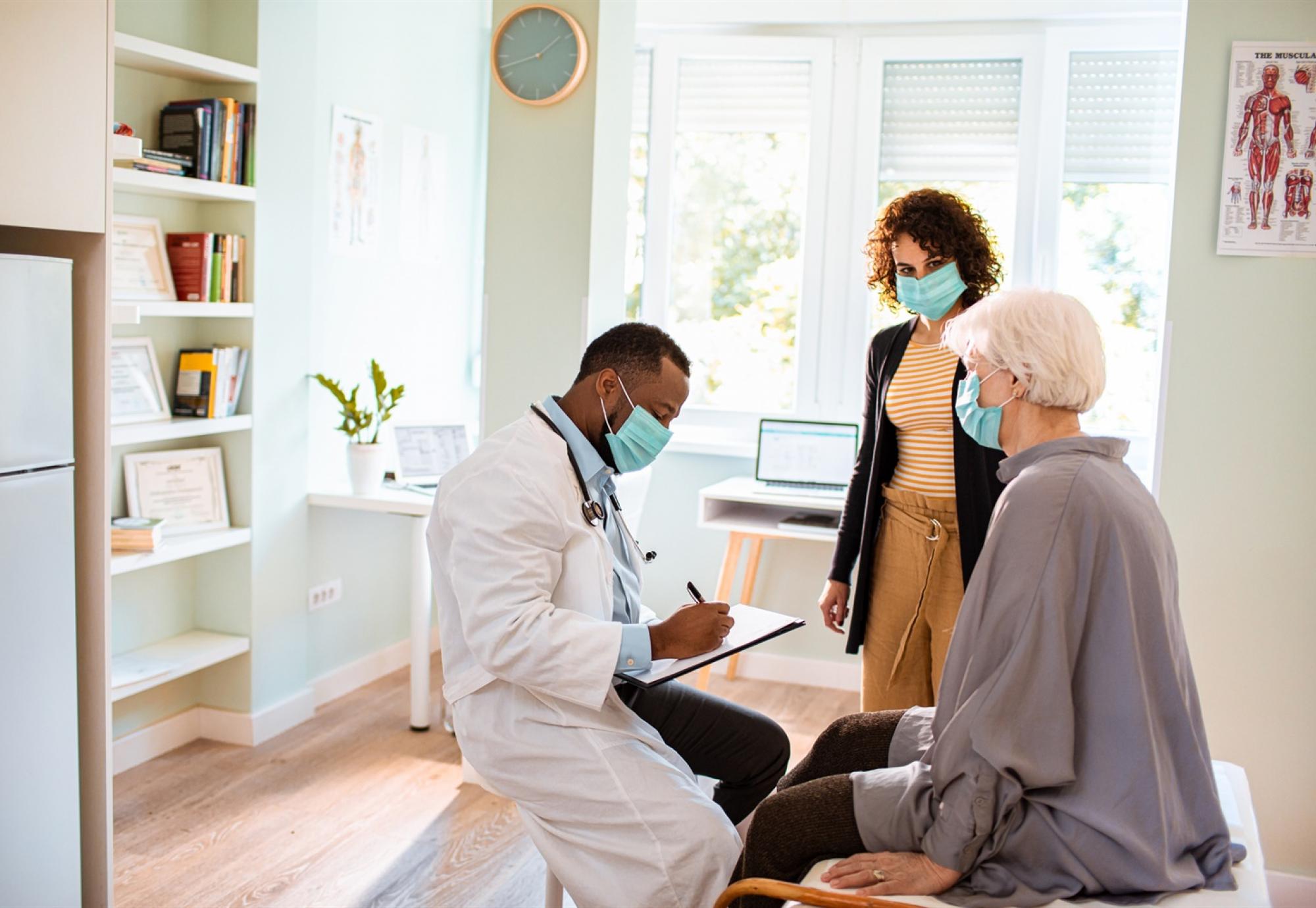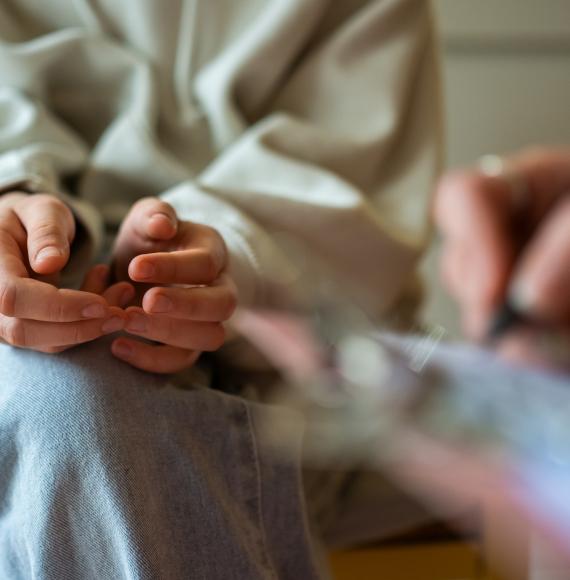The common enemy of coronavirus united the public side by side with the NHS in a way that many had not seen in their lifetimes and for others evoked war-time memories.
It was an image of defiance personified by the unforgettable NHS fundraising efforts of Captain Sir Tom Moore, resonating in the supportive applause during the weekly Clap for Carers, given form in the 750,000-strong army of volunteers and expressed beautifully in the rainbow posters urging people to ‘Stay Safe’.
The country witnessed a deep gratitude for the sacrifices of health and care staff signalling that the relationship between the NHS, patients, service users and communities had never been stronger.
For those working within the NHS it provided a welcome boost at a time of pressure and challenge that they had never known.
This partnership hints at a long needed new future relationship with patients and communities, one originally set out in the Five Year Forward View but missing from more recent NHS England and NHS Improvement plans.
The pandemic should now enable the NHS to at long last establish a new ‘social contract’ with the people it serves based on shared responsibility and working together. In recent weeks, we have brought together frontline NHS leaders with patient groups and other partners to see how the pandemic has affected patients and their families. Our new report captures these insights and points to a new future for how the NHS can build deeper relationships with local communities.
There is much the NHS needs to do to enhance the way it involves and engages with local people – there is much good practice to build on, but we know we must do more. At the heart of this is the need to extend this new social contract with the public that has been a feature of the pandemic and encourage a shared responsibility for health. This new relationship opens up the possibility of conversations with the public about the action individuals can take – often with support – to become healthier, including by quitting smoking, cutting alcohol intake and losing weight.
The importance of this was explained by one NHS Chief Executive who told us: “The growth in diabetes in our area is such that unless we manage to change the trajectory of growth in demand, we will be spending our entire community services budget on diabetes within 10 years. We have to find ways to look at prevention; we can’t just keep on treating people. We have to work with communities to change the curve on obesity, or it will come to consume us.”
Some have used the term ‘deal’ to describe the new relationship and approach that is needed between the NHS and local communities. This is useful because it points to the need for shared responsibility and how we can focus more on the prevention agenda.
This agenda is more critical than ever to the future of the NHS. In July, a review of evidence by Public Health England found excess weight put people at greater risk of needing hospital admission or intensive care. Their warning was that being obese or overweight puts an individual at greater risk of serious illness or death from Covid-19.
It’s a message that is increasingly important as the NHS prepares for the annual challenges of winter and the problems associated with flu, but with the added complication of the presence of Covid-19 and the dangers associated with any second wave.
These are deep-rooted challenges where disadvantaged communities face particular problems. But through a new relationship between the NHS and the communities it serves, we can move patients away from being passive consumers of services to active participants in shaping the development of healthy lives and places.
This will require meaningful patient and citizen engagement born out of the groundwork undertaken during the pandemic so far. It will require greater insight into our communities, and it will require culture change in the NHS that encourages us to work with local public sector partners in our neighbourhoods, towns and cities.
Covid-19 has been a once-in-a-lifetime challenge and there have been huge sacrifices made by local communities and NHS staff that should never be forgotten. We must find ways of creating positives out of the worst public health emergency we have seen. One fitting legacy would be to bring about a new relationship between the NHS and the people it serves; helping to build healthier lives and places and a more sustainable NHS in the process.



















